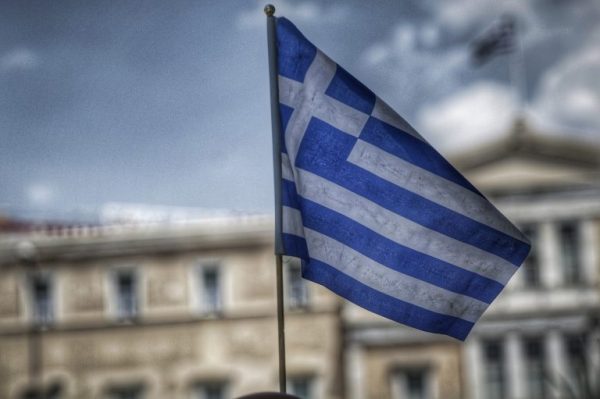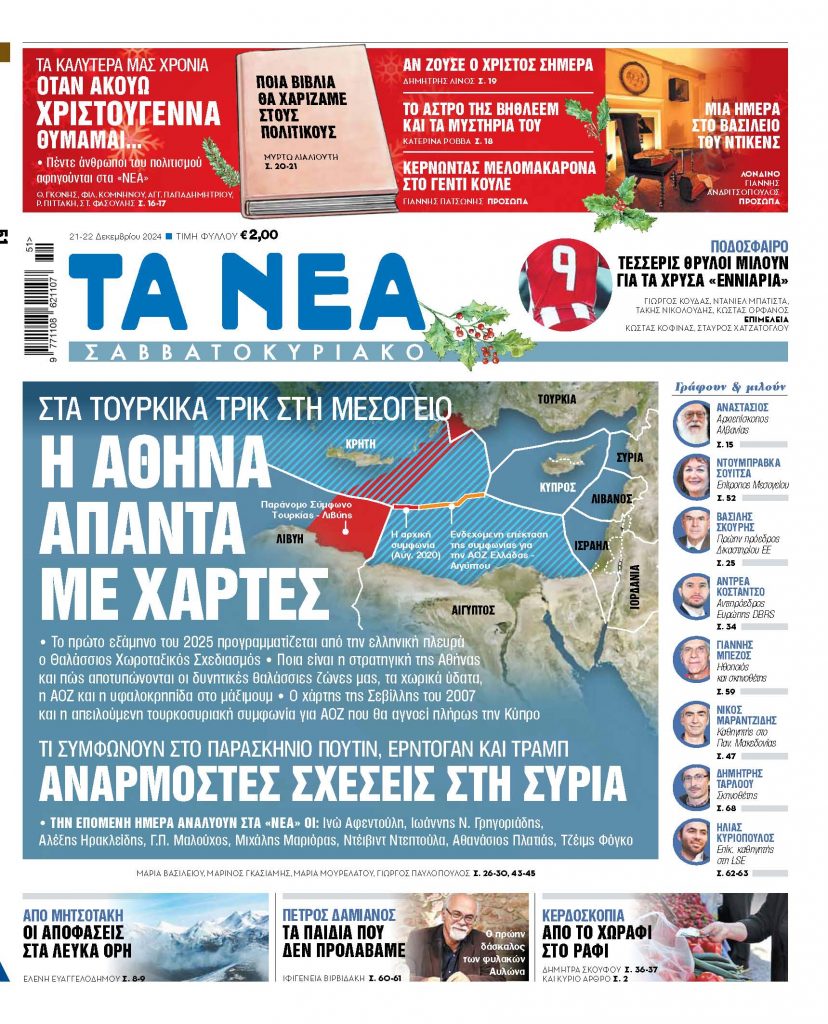Everything is in flux in the geopolitical terrain following Russia’s dangerous 21 February decision to effectively partition Ukraine, a move that creates a precarious and destabilising state of affairs in the entire region, in the heart of Europe.
All countries are balancing on a tightrope in more ways than one.
States have a duty to honour their commitments and alliances, but also to tend their own interests.
That obviously applies to Greece as well, and Athens’ handling of the situation has been adroit.
Greece is a member of NATO as well as of the EU and the eurozone. Russia’s initiative is a flagrant violation of international law and poses additional dangers for our country.
Russia’s entire strategy is essentially revisionist. A careful reading of Vladimir Putin’s national address and narrative reveals all the facets of an evolving, long-term plan, and not a sudden or merely tactical move.
Such revisionism can lead other countries – namely Turkey, which aims to dispute Greece’s sovereign rights and challenge the borders set out in the Treaty of Lausanne – to adopt a similar strategy.
Therefore, Greece must be exceedingly careful.
It should not sever lines of communication and must play an important role in the effort to establish peace and stability.








